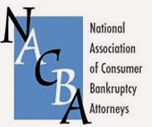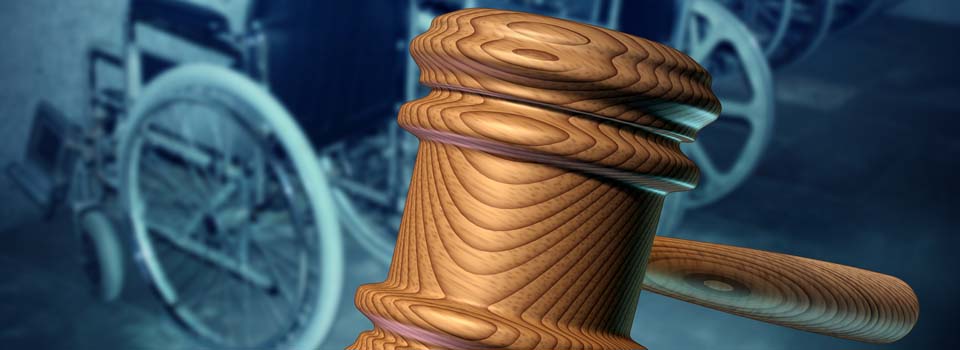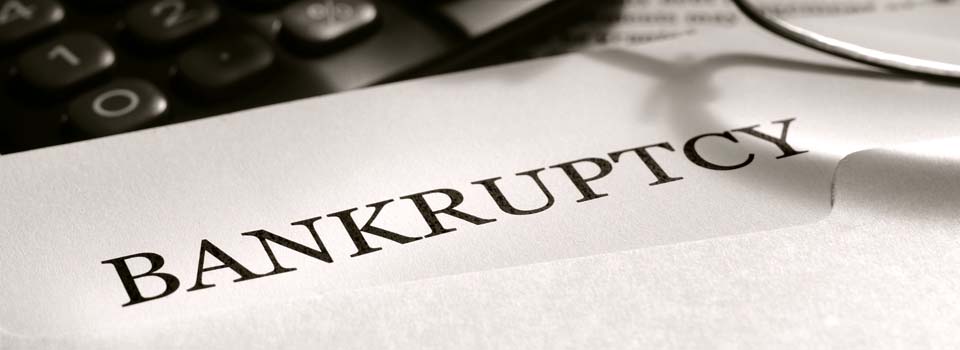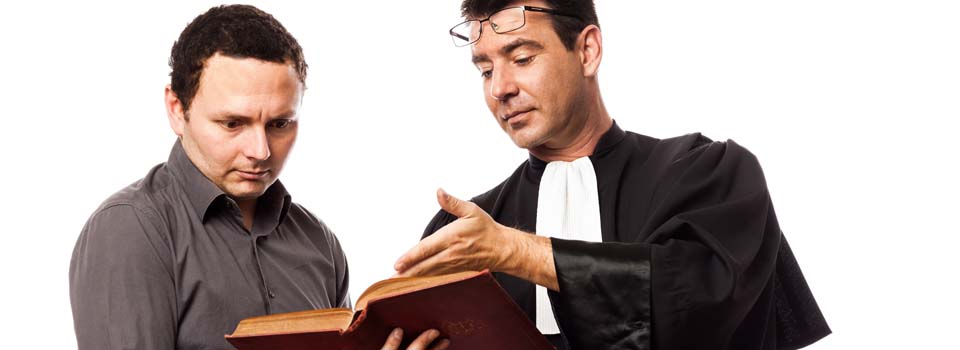Medical debt is leading cause of bankruptcy, even among insured
Even with health insurance, medical care in the United States is extraordinarily expensive. When a serious illness or injury strikes, it doesn't take long for the deductibles, copays and coinsurance payments to add up to the point where they become unmanageable.
It comes as little surprise, then, to find that medical debt is the leading cause of bankruptcy in the United States. According to a study conducted by the price-comparison website NerdWallet Health, approximately 1.7 million Americans will live in households affected by bankruptcies related to unpaid medical debt in 2013 alone.
The study looked at data from a number of different government and nonprofit agencies. In doing so, it found that more than 20 percent of adult Americans - about 56 million in total - will struggle to afford medical bills this year. Approximately half of these individuals will have year-round health insurance coverage.
Bankruptcies related medical debt are far more common than those that stem from credit card debt or mortgage troubles. In fact, the study found that about three out of every five bankruptcies can be traced back to medical debt.
In many cases, medical debt actually leads to credit card debt. When a medical crisis strikes, a lot of people end up spending down their savings in order to pay their medical bills. With savings gone, a number of these people will turn to credit cards to pay for basic living expenses.
Filing for bankruptcy
If you are struggling with unmanageable medical debt, know that help is out there. No one asks to get sick, and falling into financial hardship because of an unexpected illness or injury is not a sign of failure. When medical debt gets out of control, it can make a lot of sense to seek out the protections offered by federal bankruptcy law.
There are two types of bankruptcy that are most often used by individuals facing significant medical debt. Chapter 7 bankruptcy is means tested and is designed for people with little to no income. This type of bankruptcy will discharge all qualifying debt without repayment, though filers do sometimes have to relinquish some personal property. Chapter 13 bankruptcy, on the other hand, is well-suited to individuals who have regular income, but who cannot afford to pay all of their bills. Individuals seeking Chapter 13 bankruptcy will pay back some of their debts over a three- to five-year period. When the repayment period is over, the remaining qualified debt will be discharged.
Only an experienced bankruptcy attorney can tell if bankruptcy is right for you, and, if so, under what chapter you should file. If you are finding yourself unable to pay your bills, talk to a bankruptcy attorney who can review your situation and help you determine the best path for moving forward.
A lifelong Detroiter, James C. Warr has been a consumer bankruptcy attorney since 1992. He has received degrees from Michigan State University and the University of Detroit Mercy School of Law. He established James C. Warr & Associates in 1995. The firm is an active member in many professional Associations...


Read more »





